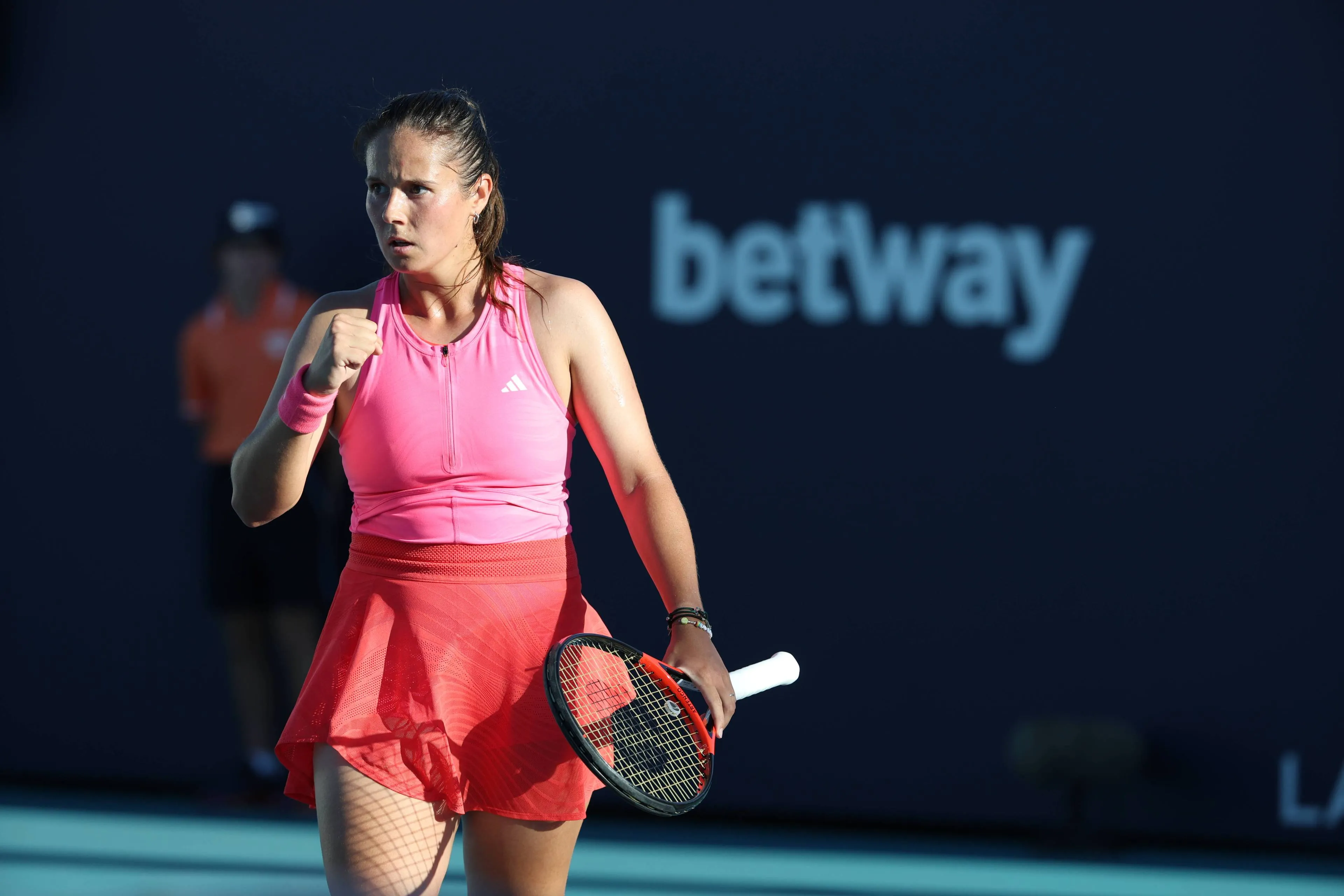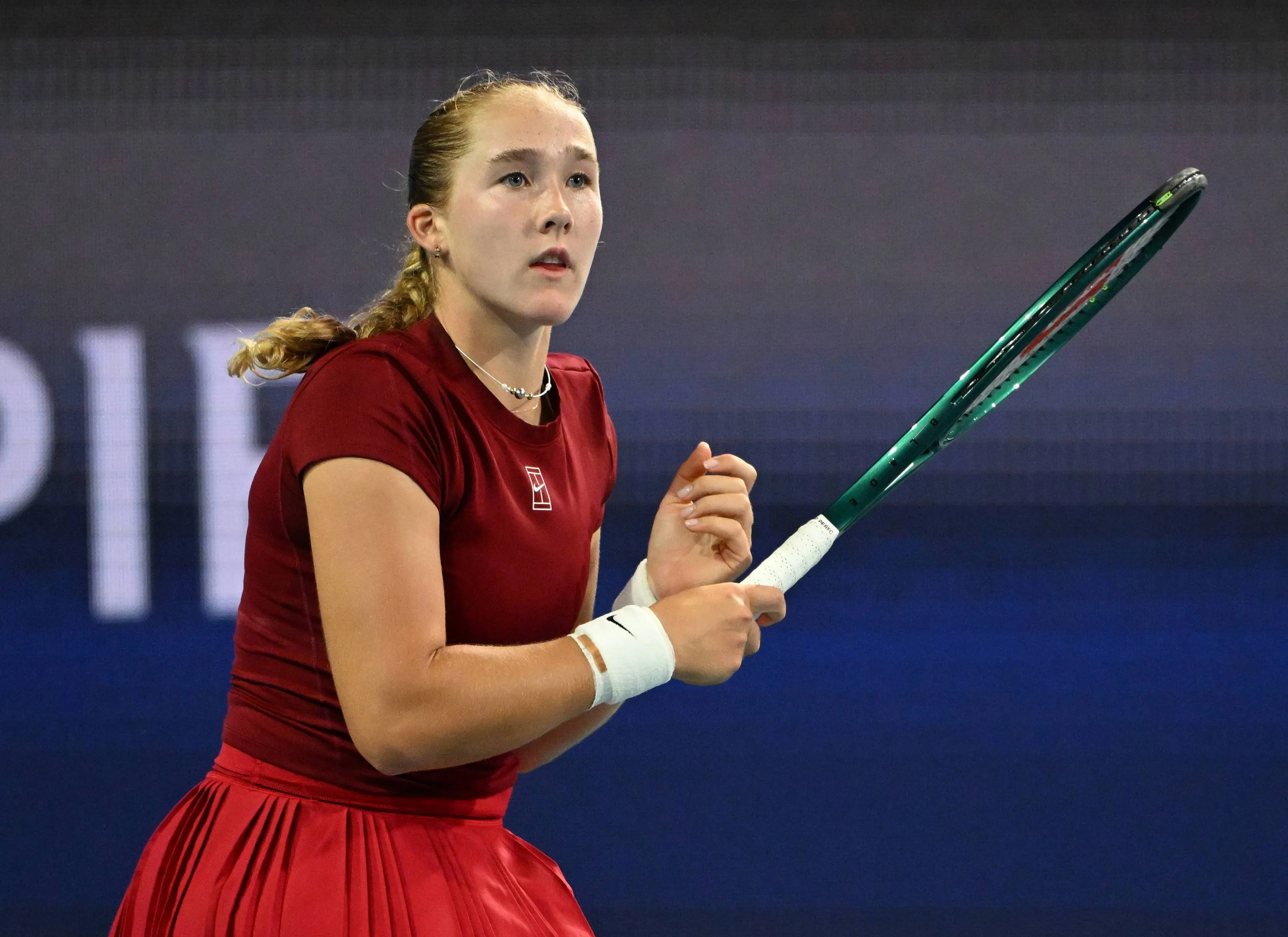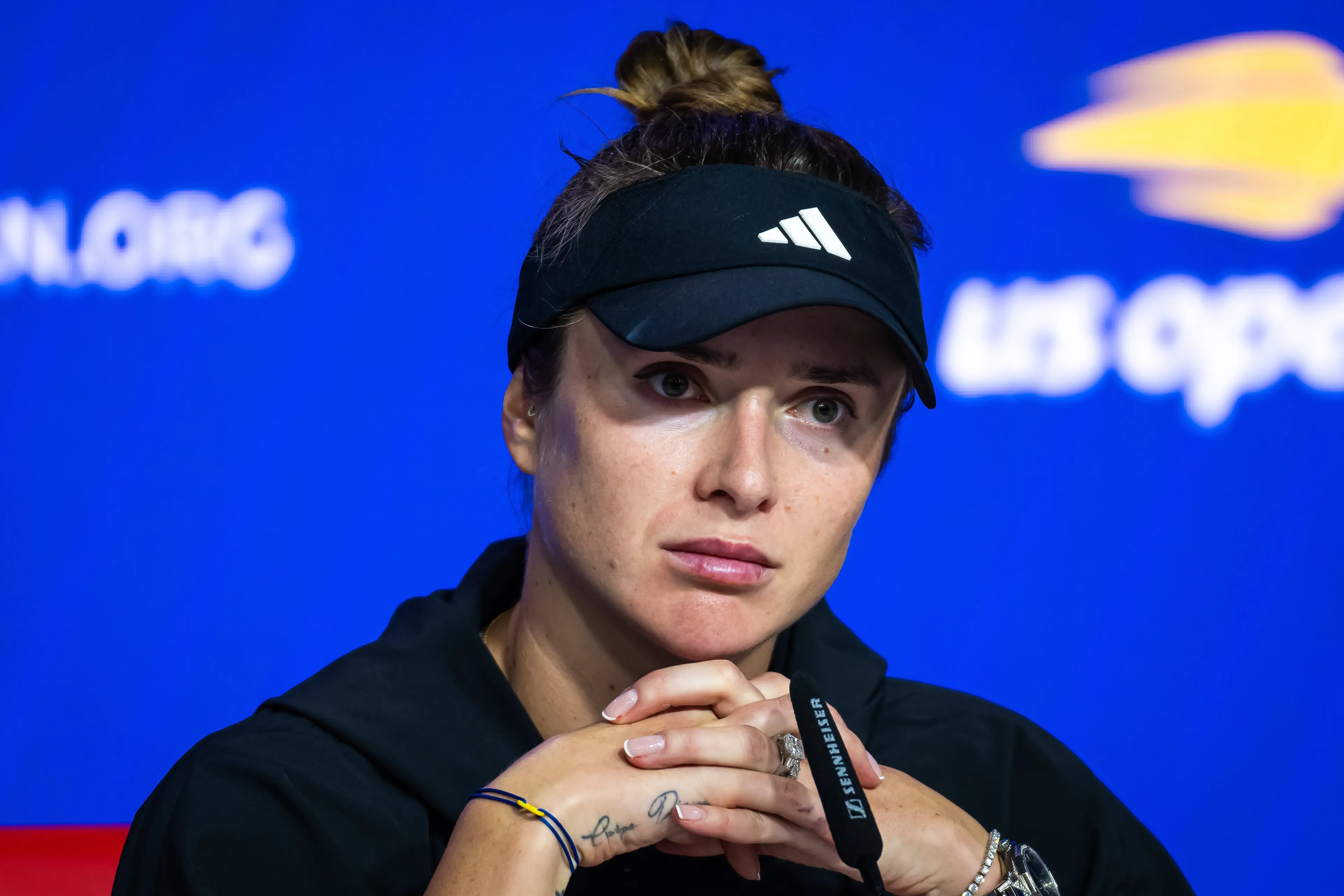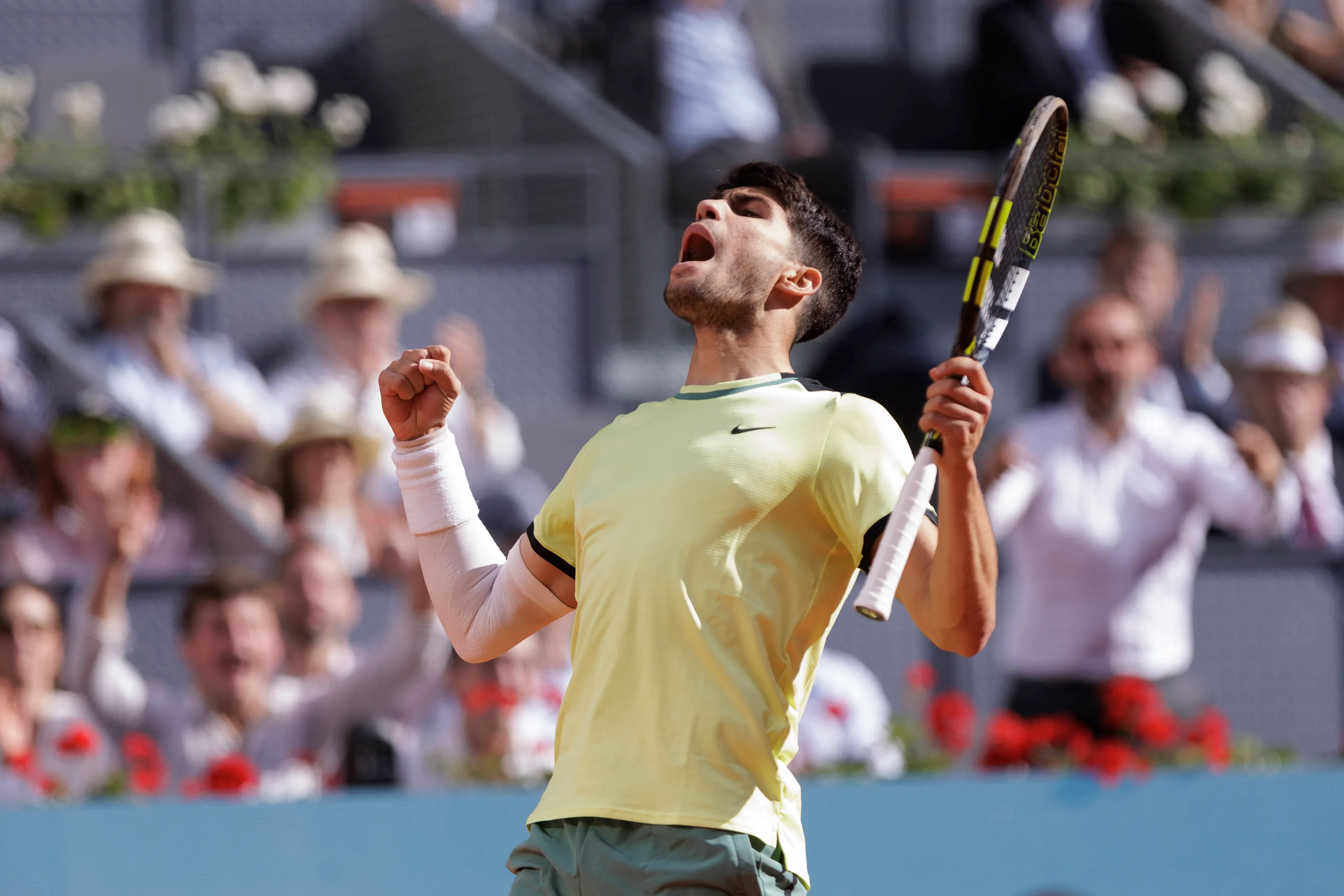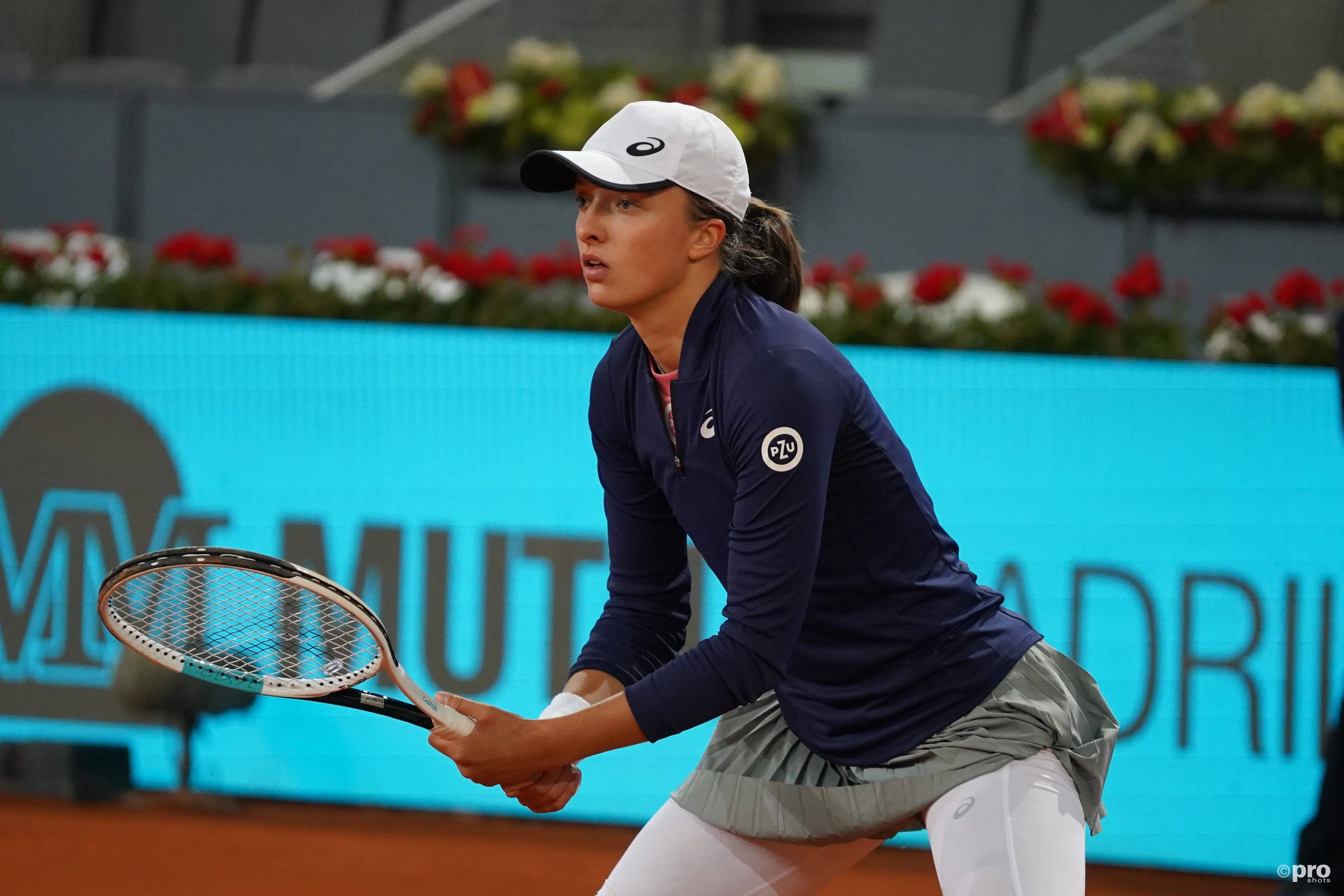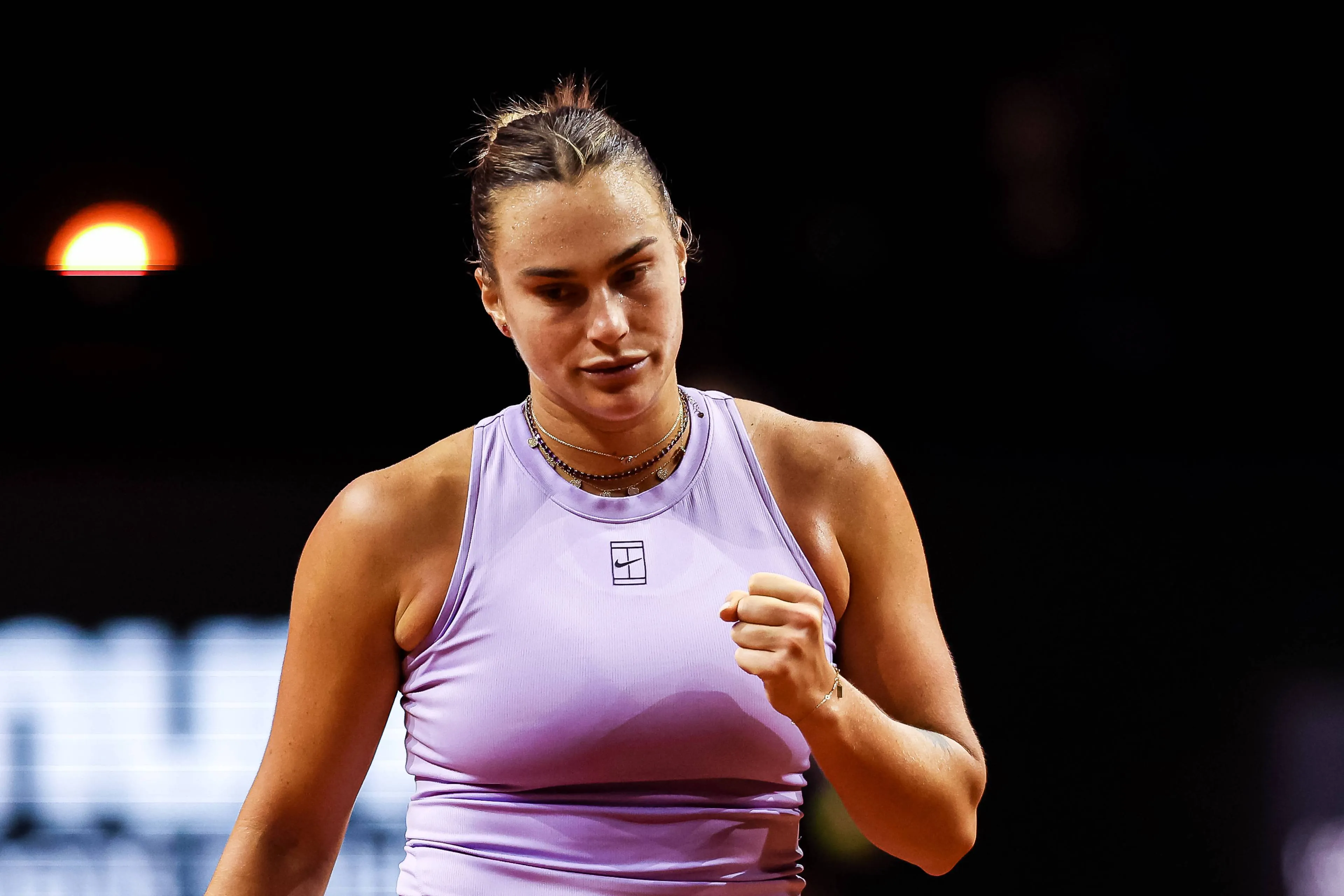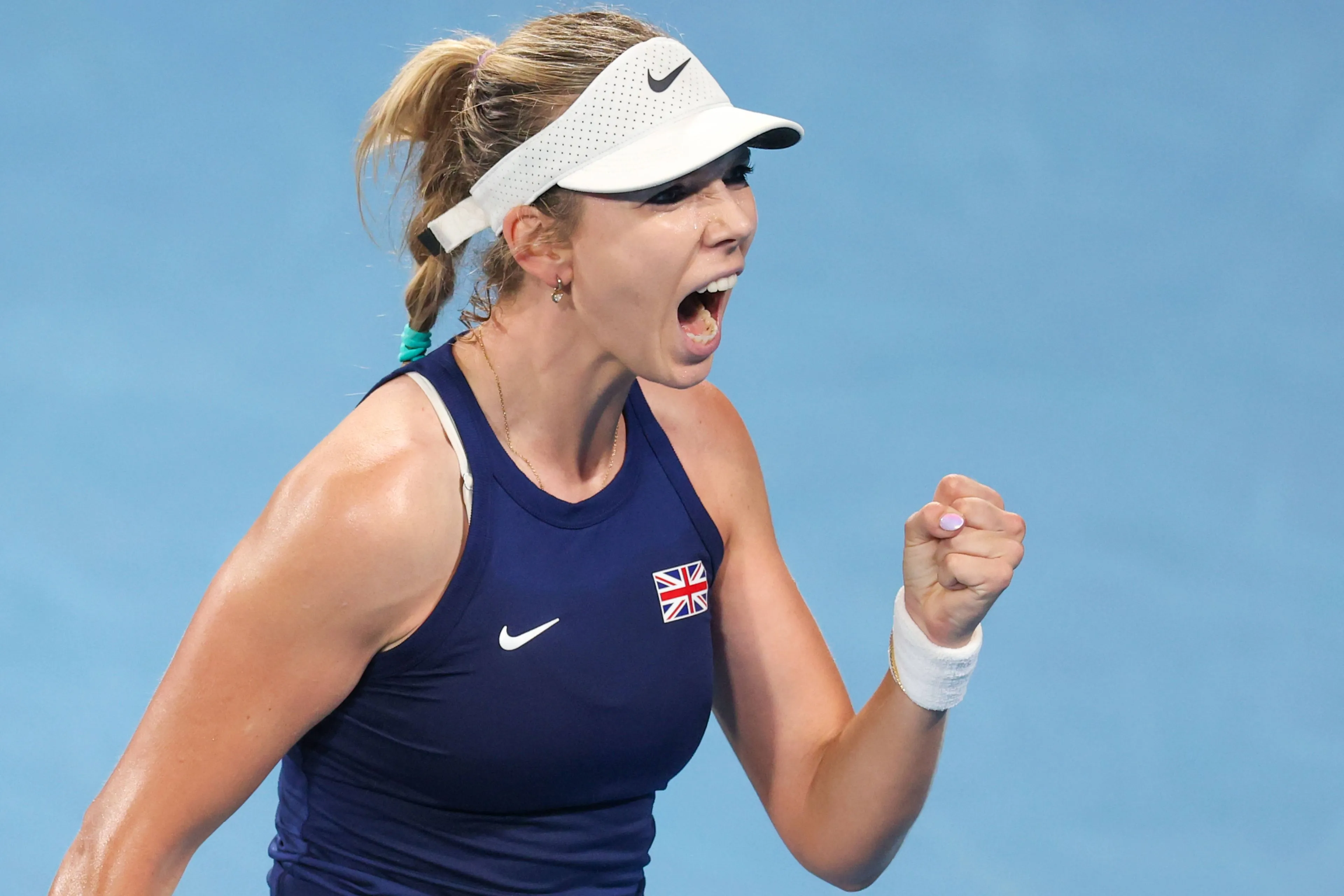Russian politicians react to Kasatkina’s shocking citizenship switch: "She will probably be better off in Australia"
WTASunday, 30 March 2025 at 20:30
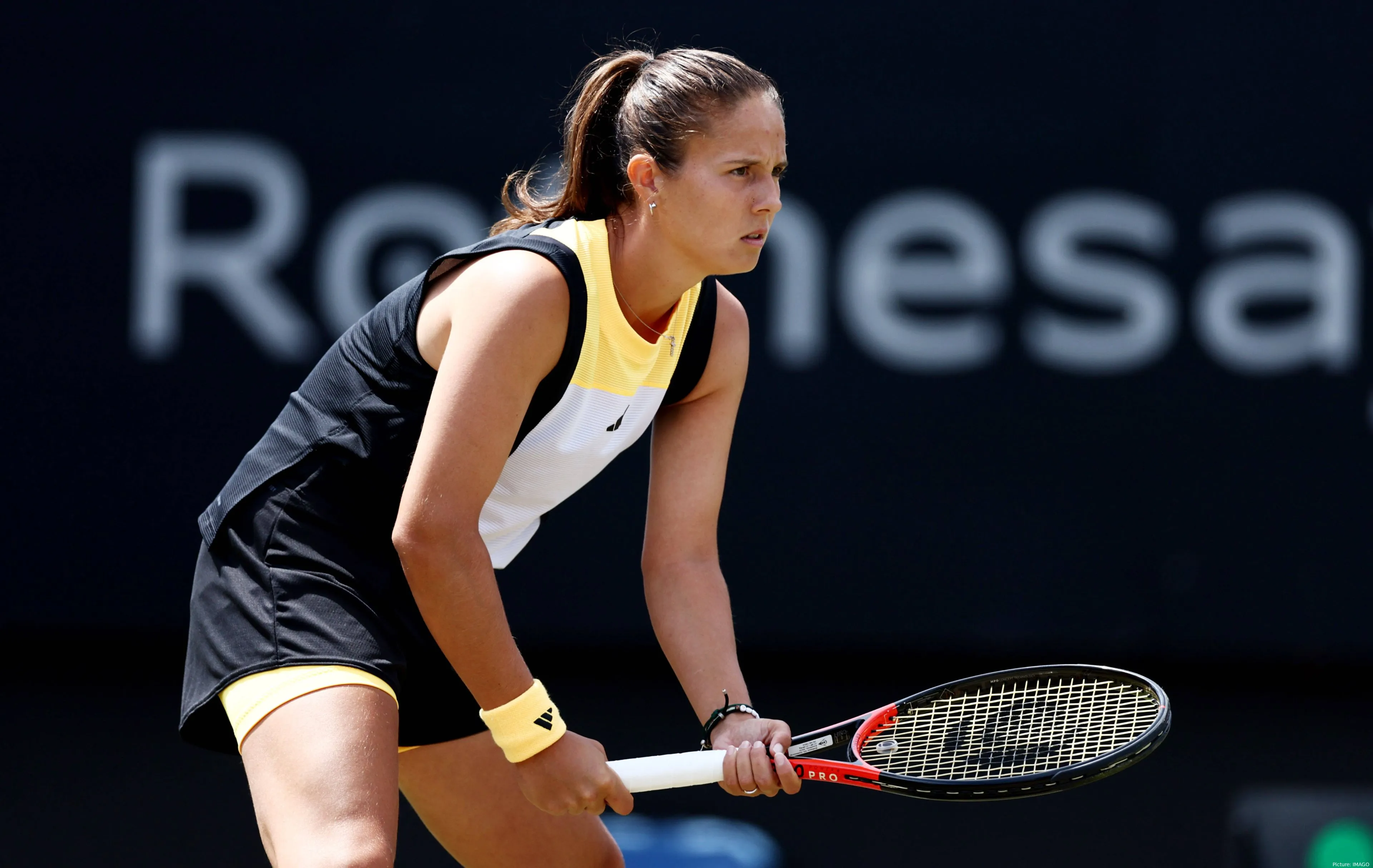
A piece of news that shook the tennis world was Daria Kasatkina’s recent decision to change her nationality from Russian to Australian. However, the reactions extended beyond the tennis community, as Russian authorities had their say on one of the country’s most prominent players of the last decade.
The World No. 12 had been Russia’s highest-ranked player throughout most of 2024, a position she has held multiple times in recent years. She was only surpassed by Mirra Andreeva in 2025 following the latter’s titles in Dubai and Indian Wells. Now, as a newly minted citizen of the Oceanic nation, Kasatkina becomes Australia’s highest-ranked player and will be eligible to compete in the Billie Jean King Cup.
Read also
From Russia to Australia: Kasatkina’s bold move
Kasatkina’s nationality switch came as a surprise. Russian and Belarusian teams remain banned from competitions such as the Davis Cup and Billie Jean King Cup and could only participate in the Olympic Games under a neutral flag due to the ongoing war between Russia and Ukraine.
“Obviously, there are parts of this decision that have not been easy,” Kasatkina stated. “I want to express my thanks and gratitude to my family, coaches, and everyone who has supported me throughout my tennis journey to date.”
Read also
Kasatkina has been vocal about her criticism of the Russian government, being one of the few Russian-born athletes to publicly oppose its actions, calling them "a nightmare." She has also condemned Russia’s anti-LGBTQ+ laws after publicly coming out a few years ago and revealing her relationship with figure skater Nataliia Zabiiako.
For this reason, she had avoided returning to Russia for the past couple of years, at least while the war with Ukraine continued. “I love being in Melbourne and am looking forward to settling there. As part of this, I am proud to announce that I will represent my new country, Australia, in my professional tennis career from now on,” she added.
Political Reactions from Russia
According to Ubi Tennis, Svetlana Zhurova, a former speed skater and current deputy of the State Duma (Russia’s lower house of parliament), shared her thoughts in an interview with RIA Novosti. She argued that Kasatkina’s decision should not be met with hostility:
"We must treat her calmly, without hatred. Of course, she will receive negative comments about this matter, but let’s be honest—she hasn’t lived in our country for a long time, and the state hasn’t invested in her, so there’s no reason to accuse her of anything."
Read also
Dmitry Svishchev, a member of the State Duma’s Committee on Physical Culture, Sports, and Youth, described Kasatkina’s nationality change as "nothing extraordinary": "This is her life and her personal decision. She is, in fact, one of our best tennis players. There’s nothing extraordinary about her choosing to change her citizenship. Many people do it nowadays—some acquire foreign citizenship, while others obtain Russian nationality."
He also pointed out that Russia played a crucial role in her tennis career: "The main thing is that Daria does not forget that Russia, through the Tennis Federation, Tarpischev (the federation chief), and her coaches, did everything possible to help her succeed as a tennis player. Of course, she is very talented, and we all celebrated her victories and felt her losses, but the country has also done a lot for her as an athlete."
Read also
Regarding Kasatkina’s criticism of Russia’s anti-LGBTQ+ policies and persecution of individuals and organizations, Svishchev dismissed the claims: "Daria can live with whomever she wants and however she wants. We, and the majority of Russians, may not share her views, but we still understand them. She will probably be better off there. Perhaps she feels more comfortable with her partner. Let her play for Australia."
Kasatkina joins a growing list of Russian-born players who have switched nationalities in recent years for various reasons, including Elina Avanesian (Armenia), Varvara Gracheva (France), and Daria Saville (Australia). Additionally, Kazakhstan’s team features several players born in Russia, including Elena Rybakina, Alexander Bublik, and Yulia Putintseva.
claps 0visitors 0
Just In
Popular News
Latest Comments
- Well, that was ... all about nothing. Every excuse and future workout plan mentioned should have been dealt with a long time ago. R.I.P., Mark Petchey.
 mandoist22-04-2025
mandoist22-04-2025 - I hope Marion Bley is the Chair Ump for the Final. It would be Karma Served for Saba after her disrespectful 'performance' in the semi.
 mandoist21-04-2025
mandoist21-04-2025 - Coco needs to stop the Williams Hero Worship and play like 'Coco'.
 mandoist19-04-2025
mandoist19-04-2025 - Didn't expect issues between these two...SakkariFan2318-04-2025
- Send her a crate of deodorant DoveSakkariFan2318-04-2025
- Good to see, hopefully Sakkari can return to the form she deserves.SakkariFan2318-04-2025
- Shame no play on Friday but some line-up incoming..SakkariFan2318-04-2025
- Zverev's reaction lacked a bit of class this time around. He handled it better in Australia.MrAndreeva18-04-2025
- Funny from Dove & a corporate rarity.MrAndreeva18-04-2025
- Well, we all surely appreciate this bit of nothing. Go feed your kids.
 mandoist17-04-2025
mandoist17-04-2025
